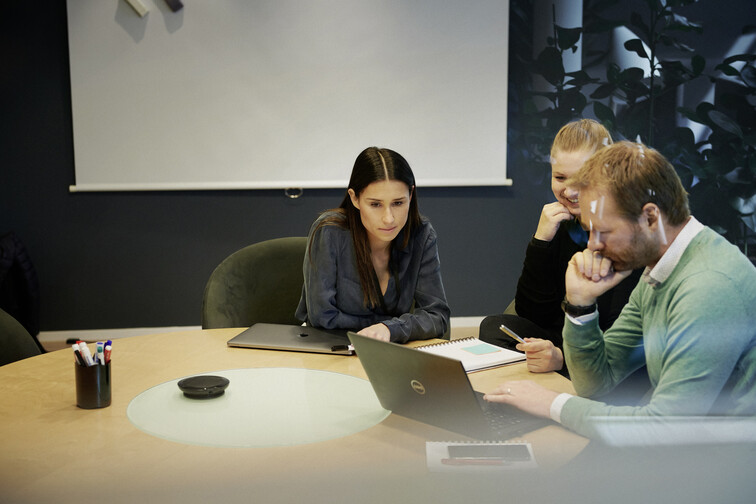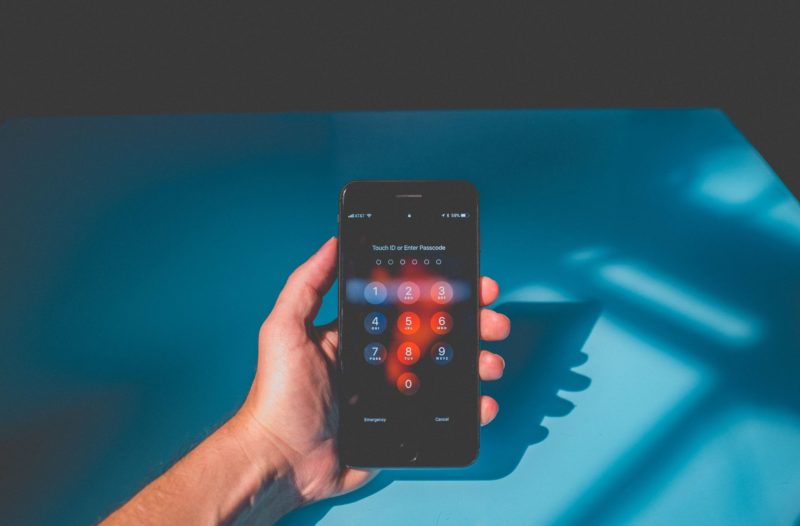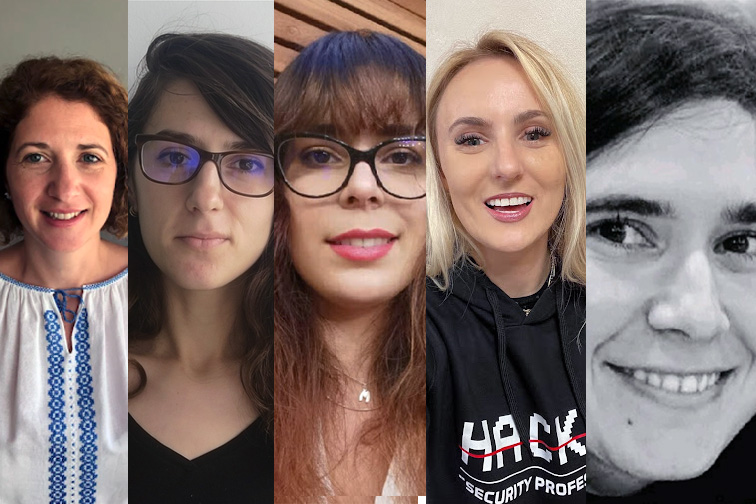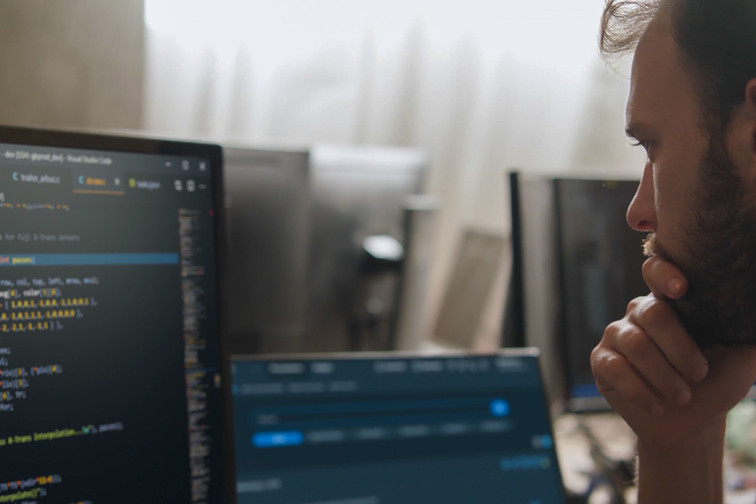
How on earth do cyber attacks cost almost €7 trillion a year?
Millions of people fall victim to cyber crime every year. Are you aware of the whopping statistics, and what you can do to protect yourself from adding to it?

Millions of people fall victim to cyber crime every year. Are you aware of the whopping statistics, and what you can do to protect yourself from adding to it?

It all started with an email from a seemingly well-known partner. Read this case study to find out what happened to the hotel chain, how they handled it, and how you can protect yourself against similar threats.

Ransomware attacks are normally carried out through phishing emails, and surprisingly many don’t know how to identify them. Read on to learn how you can protect yourself against ransomware.

Anyone can be a victim of phishing. Yes, even you, no matter how digitally aware you think you are! Read on to learn about the three top criminal phishing methods at the moment and how to prevent them.

October is European Cyber Security Month. This year’s topics are phishing and ransomware. Read on to learn how Visma contributes to a safer digital environment.

How has fake news become such a large industry? We dig deeper into how fake news interfere in elections, economies, and geopolitical conflicts.

2FA is an extra layer of security used to verify your identification. It’s a smart way to protect your online accounts against cyber criminals.

Do you use a couple of passwords in different variations? Maybe with “123” at the end? If yes, stop everything you’ve done up until now and get a password manager.

More and more women are working with cyber security in the software industry, and Visma is no exception. In the second part of this two-part series, get to know more of the talented women who are protecting Visma’s cloud software from cyber threats.

Cyber security is no longer a male-dominated industry. More and more women are entering this vital discipline that protects people and their data from cyber attackers. In part one of this two-part series, get to know some of the talented women working with cyber security at Visma.

Ransomware attacks have been on the rise. If you’re not familiar with this type of virus, it’s time to read up on it to protect your data.

2021 was a year of both continuity and change. Covid remains a burden on the global economy and organisations are looking for cloud solutions to help them stay productive from any location. We also saw new trends, from rising expectations among jobseekers in the talent market, to rapidly growing cybercrime. Learn more about these trends and find out how Visma is addressing them.

Cyber security has traditionally been viewed as a male-oriented industry but has had an increase in women in recent years. Meet Daniela, our Lead Security Researcher who recently received two “Women in tech” awards, and learn more about her work and how she got into the field of cyber security.

Did you know that the right to privacy in the digital world is a human right? Still, many people lack knowledge about how their personal data is being collected, used, and shared. That is the focus of the Data Protection Day that takes place on January 28th.

Every year we spend millions on Christmas gift shopping online. The Holiday season is also the peak for cyber crime. What are the most common scams during the Holidays and how can we avoid falling victim to these scams?

Starting from the famous video game Minecraft and not ending with your smart toaster, a new vulnerability was discovered last Thursday that potentially affects millions of Internet users. Learn more about Log4Shell and whether or not it affects your business.

Financial cybercrime can affect companies of all sizes and in all sectors – as well as private individuals – and can have dramatic consequences. But what are the types of attacks motivated by financial gains and how can we prevent these attacks from succeeding?

Human errors performed by employees pose a real security threat to the corporation they work in. Here are 3 common ways employees pose a threat – and what you as an employee must be aware of.